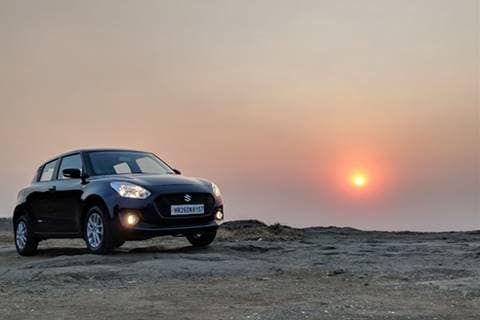Haven’t you as a reader often wondered why a BS-VI compliant engine (we know only petrols for the moment) is claimed to give lower fuel efficiency? The only BS-VI diesel in the lower spectrum happens to be that of the Kia Seltos and that’s again a new motor. We were as intrigued as you are and decided to check with the company which currently has the highest number of BS-VI petrols in its range – Maruti Suzuki. Maruti was the first one to get a BS-VI petrol engine and that too on its smallest car – Alto 800. Subsequently, other engines followed suit. On the sidelines of the XL6 launch, we had a chat with CV Raman, senior executive director (Engineering) on the same. He said that there are two reasons why the efficiency goes down. One is the testing method of the vehicle. This contributes to a 5-8 per cent reduction in fuel efficiency. Powertrain, as well as changes in a few components to conform to BS-VI, will be the second reason that accounts to a lower claimed fuel efficiency. If it is a diesel powertrain, the claimed fuel efficiency goes down even more. This is because from the engine perspective, not only will the components be upgraded but also the soot from the Diesel Particulate Filter has to be burnt. This will require more fuel to be expended and hence the efficiency goes down.
The bigger question is – does this affect real-world fuel efficiency? Raman says that it doesn’t for a petrol car as the gap between claimed and real-time gets narrowed. For example, if the WagonR used to claim a fuel efficiency of 23kmpl, seldom will someone achieve it in the actual driving conditions. Their real-time figure may be somewhere close to 18kmpl. However, post BS-VI, if the WagonR engine claims an efficiency of 21kmpl, the real world will still be 18kmpl. In terms of diesel engines, the claimed as well as real-world numbers will be lower. This is another reason why Maruti is hesitant about getting BS-VI diesels. The main reason one buys a diesel engine is for the stellar efficiency and lower running costs. Maruti in the meanwhile is pushing for more alternative fuel vehicles, something equipped with CNG or LPG, for example.
